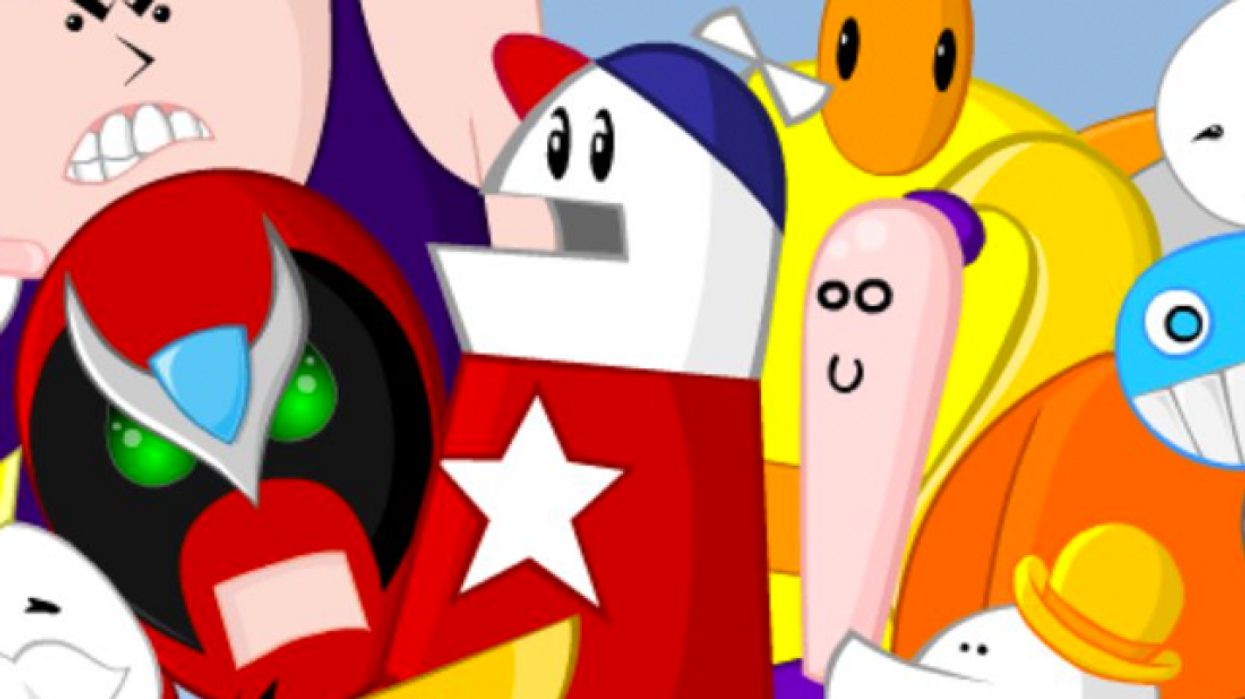Watch: The Cartoon That Started Internet Animation
Sometimes, a simple idea can start an entire movement.

Why do certain things have staying power, while others do not? In some cases, it's because of their simplicity. If an idea is smart enough, it doesn't have to be super-complicated or have lots of bells and whistles to gain popularity. Internet animation, by now an entertainment staple, is a good example. Its beginnings were modest indeed, but clever.
If you don't like the rules, make your own game.
This new video essay by Alex Myers tells the story of the roots of phenomena like Bojack Horseman—which lie with a simple cartoon called Homestar Runner. Check out the video, and our takeaways about the keys to the cartoon's success, below.
A simple, well-executed idea
Mike and Matt Chapman started posting the Homestar Runner cartoons in 2000, but the germination for the series began in 1986, in a children's book they'd written together. The cartoon bore all the earmarks of a home-done product: silly voices, very basic sound quality, almost motionless main characters. It also bore a very important earmark of a successful venture, though: raw energy. Thanks to the rapid-fire way in which information travels on the internet, the cartoons swiftly became very popular, leaving their mark on an impressive array of films and TV shows—even as it used, itself, a variety of pop culture references spanning several decades.
True independent spirit
Myers indicates, rightly, that a substantial amount of the series' success had to do with its independence. They had no advertisers, and so they had no obligations to corporate heads above them; the two brothers were the editorial, production, and publicity staff, all by themselves. And given that there was no profit to be had through ad revenue, and that they had little or no merchandise to sell, they could truly be said to be making the cartoons because they enjoyed making them, period. Myers calls the cartoons autotelic, which means, in essence, that they existed solely for their own purposes.
Internet = freedom
The video points out a truth which it is easy to forget: the openness and freedom of internet publication can make certain things possible which would not otherwise be possible. In this case, the brothers who created this cartoon were able to take creative liberties they would not have been able to take under other circumstances because they, and they alone, were in charge. The production process was simple, and once it was done, whether audiences would respond was anyone's guess and, in the scheme of things, besides the point. The large lesson is akin to the old saying that if you want something done right, do it yourself. If you don't like the rules, make your own game. The results can be staggering, and far-reaching.
What's your favorite online animation? Let us know in the comments!











